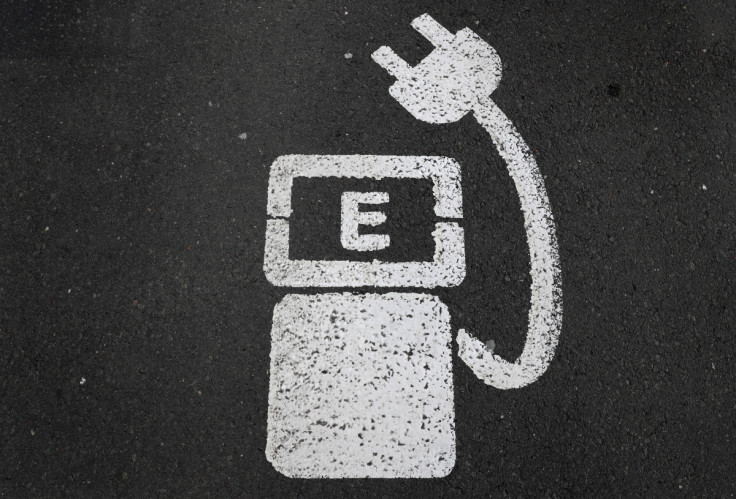EU To Give £3.4 Billion State Aid to Battery and Green Tech Factories
These investments are integral to the EU's overarching mission to achieve climate neutrality with net-zero gas emissions by 2050.

The European Union (EU) has unveiled a substantial €4 billion (£3.4 billion) state aid investment earmarked for the establishment of new factories dedicated to the production of electric batteries for cars, heat pumps and solar panels.
This initiative marks a pivotal step in the EU's commitment to fostering a greener future and reducing dependence on traditional energy sources.
This strategic move aims to expedite the manufacturing and adoption of green technologies while countering the impact of inexpensive Chinese imports.
The announcement comes amidst a global push towards renewable energy solutions, with an increasing focus on electric vehicles and energy storage systems.
The funds are earmarked for supporting the construction and expansion of manufacturing facilities dedicated to the production of advanced batteries, electric vehicles and other green technologies.
The EU envisions this financial backing as a catalyst for job creation, economic growth and the reduction of carbon emissions.
Northvolt, a prominent Swedish battery producer, is set to receive €902 million in state aid to construct a new factory in Heide, Germany.
Additionally, a diverse array of cleantech factories in France is poised to benefit from a substantial €2.5 billion injection of state aid.
These investments are integral to the EU's overarching mission to achieve climate neutrality with net-zero gas emissions by 2050.
Simultaneously, they serve as a protective measure against the intensifying competition posed by Chinese facilities producing electric vehicles, solar panels and other green technologies.
This announcement comes on the heels of similar state aid schemes gaining approval in Austria, Belgium, Germany, Hungary, Italy, Slovakia and Spain, totalling an impressive €9.1 billion, with several additional initiatives in the pipeline.
Margrethe Vestager, who resumes her role as the executive vice president of the commission overseeing competition policy after an unsuccessful bid to head the European Investment Bank, emphasised the strategic significance of producing net-zero equipment within Europe.
She stated: "It has immense importance for achieving our goals in clean mobility, sustainability and competitiveness."
The considerable funds allocated to Northvolt's gigafactory are framed as a measure to enable the production of battery cells in Europe rather than in the United States.
Notably, this represents the inaugural approval of state aid under a specialised scheme designed to prevent production facilities from relocating overseas enticed by the promise of more substantial foreign subsidies.
The EU aims to safeguard its manufacturing capabilities and maintain leadership in the global green technology landscape by leveraging targeted state aid to support the growth of domestic production facilities.
The battery sector has emerged as a critical component of the green technology landscape, with batteries playing a pivotal role in energy storage and the proliferation of electric vehicles.
In addition to fostering technological advancements, the EU aims to use state aid to build a resilient and interconnected supply chain for critical raw materials used in battery production.
By reducing dependency on external sources and securing a sustainable supply chain within Europe, the EU seeks to fortify its strategic position in the global green technology market.
The state aid package also emphasises the importance of fostering collaboration between member states, industry stakeholders and research institutions.
By promoting a collaborative approach, the EU aims to create synergies that will expedite the development and deployment of cutting-edge green technologies.
Experts anticipate that the funding will lead to the construction of state-of-the-art manufacturing facilities, creating a ripple effect across various industries.
The positive economic impact is expected to be felt not only through job creation but also through increased investment in research and development, further propelling Europe into a leadership position in the green technology sector.
While the €4 billion state aid package is a substantial commitment, it is seen as just the beginning of a broader strategy to transition towards a sustainable, low-carbon economy.
The EU acknowledges that ongoing investment and collaboration will be essential to maintaining momentum and ensuring the success of its ambitious clean energy goals.
© Copyright IBTimes 2025. All rights reserved.






















